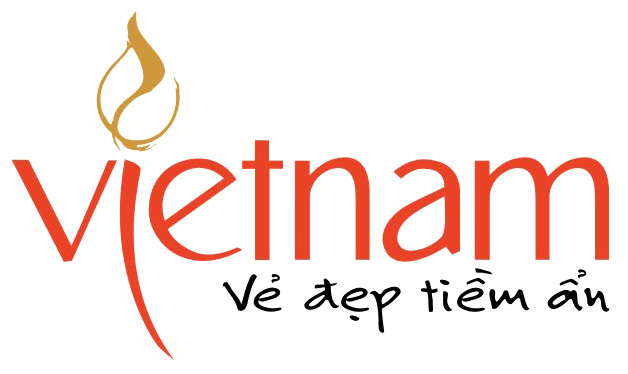"The current fierce situation has forced us to face the cruel reality," the head of a tour company in the city of Shanghai (China) commented.
Zhang Ban, a passenger driver for a tour service company in Shanghai, complained that the COVID-19 pandemic caused him to lose more than 50% of his income, according to the South China Morning Post (SCMP). - Hong Kong).
"We are also among the biggest victims of the COVID-19 pandemic," Zhang said. "The tourism industry has been crippled by an epidemic, and I feel really hopeless."
By April, after the COVID-19 pandemic was brought under control in mainland China, most manufacturing plants and service companies were back in operation. However, the tourism industry is still "frozen" because the tourism demand of Chinese people has not increased since the epidemic was confirmed in Wuhan city.
It is for this reason that the livelihoods of many workers in the tourism industry continue to be threatened.
About 59% of people who took part in the Boston Consumer Survey's China consumer survey in May said they felt worried about their family's financial condition and still didn't dare to travel. .
Worse, a new outbreak in Beijing last weekend made people even more scared when they thought about getting on an airplane, bus or train to go to another city. This is certainly not news that 30 million Chinese tourism workers will want to hear at this time.
"I was planning to take my children to Beijing to visit historical sites like Tiananmen Square on their summer vacation, but I had to cancel this plan because the epidemic broke out in Beijing again," Mr. Zhang Wenjie, owner of a car repair and maintenance shop, shared. "Safety is always a top priority".
Last Saturday (June 13), Beijing closed down the city's largest agricultural wholesale market and declared a "wartime emergency" in a district, after a cluster infected with COVID- 19 with more than 50 new positive cases detected.
"Whirlpool of death"
Zhang Ban said he was worried about keeping his job after the tourism industry had been cut wages and income since February this year.
"Since there are no tourists, [the tourism industry] has less and less work to do. It is common sense for company executives to be forced to fire their employees to 'survive' in this time of market downturn. ", Says Zhang.
In 2019, China's domestic sector alone earned 5.73 trillion yuan, an increase of 11.7% compared to 2018.
Chinese tourists have also become the biggest driver of the global tourism market as more and more affluent Chinese tourists seek new experiences.
However, due to the COVID-19 pandemic, China is currently suspending foreign tourists on entry (diplomats and special cases as exceptions are exceptions).
Last year, 162 million mainland Chinese tourists traveled abroad, up 4.6% from 2018.
It is estimated that the blockade and restriction orders applied from February to April caused at least 1 trillion yuan in damage to China's tourism industry.
Shanghai's tour operator Huangshan, which is in charge of the tourist attractions at Huangshan Mountain in Anhui Province, reported a loss of 77.2 million yuan in the first quarter of this year, while The company made a profit of 23.6 million Yuan in the same period last year.
The company also warned investors about losses in the second quarter as the number of tourists still plummeted.
Since March this year, Beijing has restricted international flights to prevent the source of "imported" COVID-19. Chinese nationals returning from abroad are also required to be isolated within 14 days.
These restrictions have made people no longer interested in foreign tours.
A senior executive of a state-owned travel company said that the company has not had any customers traveling abroad since February, while domestic travel needs only accounted for a very small portion. small compared to the number recorded in the same period last year.
Zheng Honggang, CEO of travel company Kate (Shanghai), said the mass reduction of staff seems to be inevitable in the current context.
"We have tried to maintain and retain workers by reducing costs, reducing wages ... But we still can not maintain the operation of the business without further cuts in employee salaries. "The current fierce situation has forced us to face the cruel reality. This is the time to choose to do or die for tourism," said Mr Zheng.
For many workers in the industry, the news of a new outbreak in Beijing is a drop of water.
"We cannot expect people to plan travel after learning of a new outbreak in the capital," said Scott Yin, a freelance guide. "It is time for us to consider other employment options, because now nothing can stop the 'death spiral' in the tourism industry anymore," the person concluded.
Website: http://visavietnamsupport.com/























